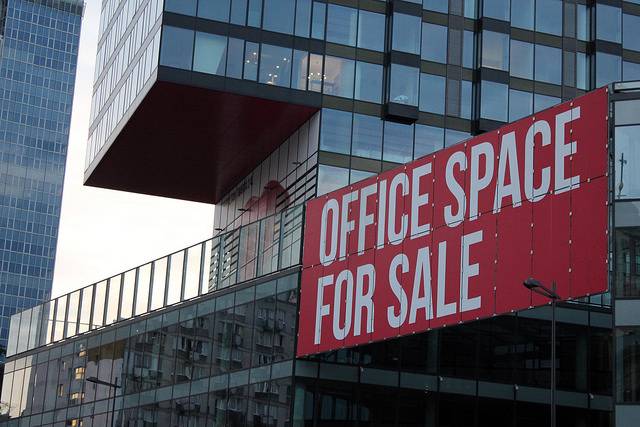
Once you have agreed in principle to sell your commercial property to a particular buyer, there are certain legal formalities which must be completed. Therefore, if you have not already appointed a solicitor to act on your behalf, now is the time to do so. This article describes a typical legal process and looks at the seller’s legal responsibilities at each stage.
Draft contract phase
Your solicitor will set the ball rolling by drawing up a draft contract which sketches out the sale particulars. This will be passed on to the buyer’s solicitor along with the relevant Land Registry documents for your commercial property and the list of documents mentioned in the ‘seller documentation’ section below.
This is also the time your solicitor will want details of any outstanding mortgages which relate to the premises. It will be the solicitor’s job to ensure the proceeds of the sale will actually cover these mortgages and then pass on the necessary funds to your lender(s) once the sale has been completed.
Due diligence
At this point, your buyer’s solicitor will be busy scrutinising the contract and supporting documents received. This thorough process, which is performed to protect the buyer’s interests, involves performing searches related to the property as well as making further enquiries based on the paperwork provided. Your own solicitor may well have to confer with you to confirm various details and verify any further information requested by the buyer’s solicitor.
This part of the sale process can often take the longest to complete, and once again, your responses to all queries must be absolutely accurate. Matters can only move on when a broad range of checks have been made and the other party’s solicitor is completely satisfied everything is in order.
Negotiation of sale terms
With due diligence complete, the way is clear to formally negotiate and settle upon the terms of the sale. This will form the basis of the final sale contract. At this stage, you may also be asked to sign the sale contract in preparation for the next phase.
Claim up to $26,000 per W2 Employee
- Billions of dollars in funding available
- Funds are available to U.S. Businesses NOW
- This is not a loan. These tax credits do not need to be repaid
Exchange of contracts
The first phase of exchanging contracts is usually a telephone conversation between the respective solicitors concerning matters such as the agreed time schedule for the conclusion of the sale. This is quickly followed by a formal exchange of contracts through the post. In addition, the buyer is generally expected to provide a deposit of 10% to enable the sale to go ahead.
This is the point at which the buyer becomes legally committed to the sale. A formal completion date is specified and the buyer’s deposit is strictly non-refundable.
Sale completion
The property sale is officially concluded once the buyer pays over the balance of the purchase price to your solicitor on the allotted completion date. The buyer’s solicitor will then be in a position to formally approach the Land Registry to transfer ownership of the property into the buyer’s name, via a new transfer deed.
Having previously obtained a redemption figure from the lender(s) involved, your solicitor will now arrange for any mortgage loans to be redeemed from the sale proceeds. There will also be other outstanding costs to settle, such as agent’s fees and the solicitor’s own conveyancing charges. The remainder of the purchase amount will then be paid out to you.
Seller documentation
Certain documents must be passed to your solicitor to facilitate the sale process. While some simply keep your buyer properly informed, others will provide vital evidence that your business premises is legally compliant.
– A CPSE (Commercial Property Standard Enquiries) form is a series of questions about your commercial property. You must relay the answers accurately to your solicitor, who will complete the document, because any errors could be construed as misrepresentation on your part.
– Planning paperwork and building regulations documents will be needed to prove your premises can legally be used for commercial purposes.
– A Fire Risk assessment will demonstrate your premises meets the appropriate fire-safety standards.
– An asbestos survey is required for older buildings and confirms the statutory checks for the presence of asbestos have all been properly carried out.
– An EPC (Energy Performance Certificate) will inform the buyer about the energy rating performance of your premises.
Author Bio
Bruce Hakutizwi, Director of North America for BusinessesForSale.com, the world’s largest online marketplace for buying and selling small and medium size businesses.



